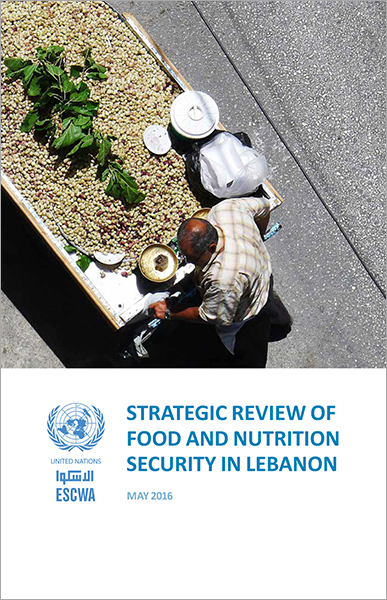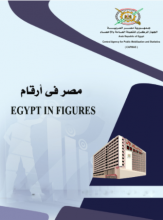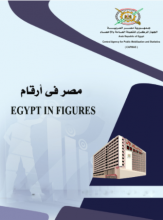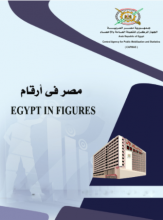Water and Food Security

The Government of Lebanon and its concerned Ministries together with national and international partners are collaborating to address the country’s food security and nutrition challenges and to progress towards the implementation of Agenda 2030’s sustainable development goals. In their support, and to study the current situation with a view towards enabling the prioritization of policy reforms, the United Nations Economic and Social Commission for Western Asia (ESCWA) and the World Food Programme (WFP) joined forces to commission an in-depth analysis of the country’s food security and nutrition context.
The report analyses the availability, accessibility, utilization and stability of food consumption and production in Lebanon and provides comprehensive recommendations to support Lebanon achieve SDG 2. Among the report’s key findings is the need to reform food trade, market regulation and production responses to food and nutrition security in order to increase economic access to food.
The report found that Lebanese and refugee populations alike face food insecurity challenges. An alarming 49 percent of Lebanese are reportedly worried about their ability to access enough food, and 31 percent of them stating that they were unable to eat healthy and nutritious food over the course of a year. In addition, overall increasing food prices and changes in dietary preferences lead to new challenges, including micronutrient deficiencies and increasing levels of obesity.
The discussion makes a case for economic, social and environmental policies that require greater integration and cooperation among many public, private and civil society institutions in Lebanon in order to “end hunger, achieve food security and improved nutrition and promote sustainable agriculture.”
View PDF
Related Topics
-
Egypt in Figures - Population 2022
2022"Egypt in Figures" is a booklet issued each year by the Central Agency for Public Mobilization and Statistics (CAPMAS). It contains the most...Read More -
Egypt in Figures - Education 2022
2022"Egypt in Figures" is a booklet issued each year by the Central Agency for Public Mobilization and Statistics (CAPMAS). It contains the most...Read More -
Egypt in Figures - Economy 2022
2022"Egypt in Figures" is a booklet issued each year by the Central Agency for Public Mobilization and Statistics (CAPMAS). It contains the most...Read More


